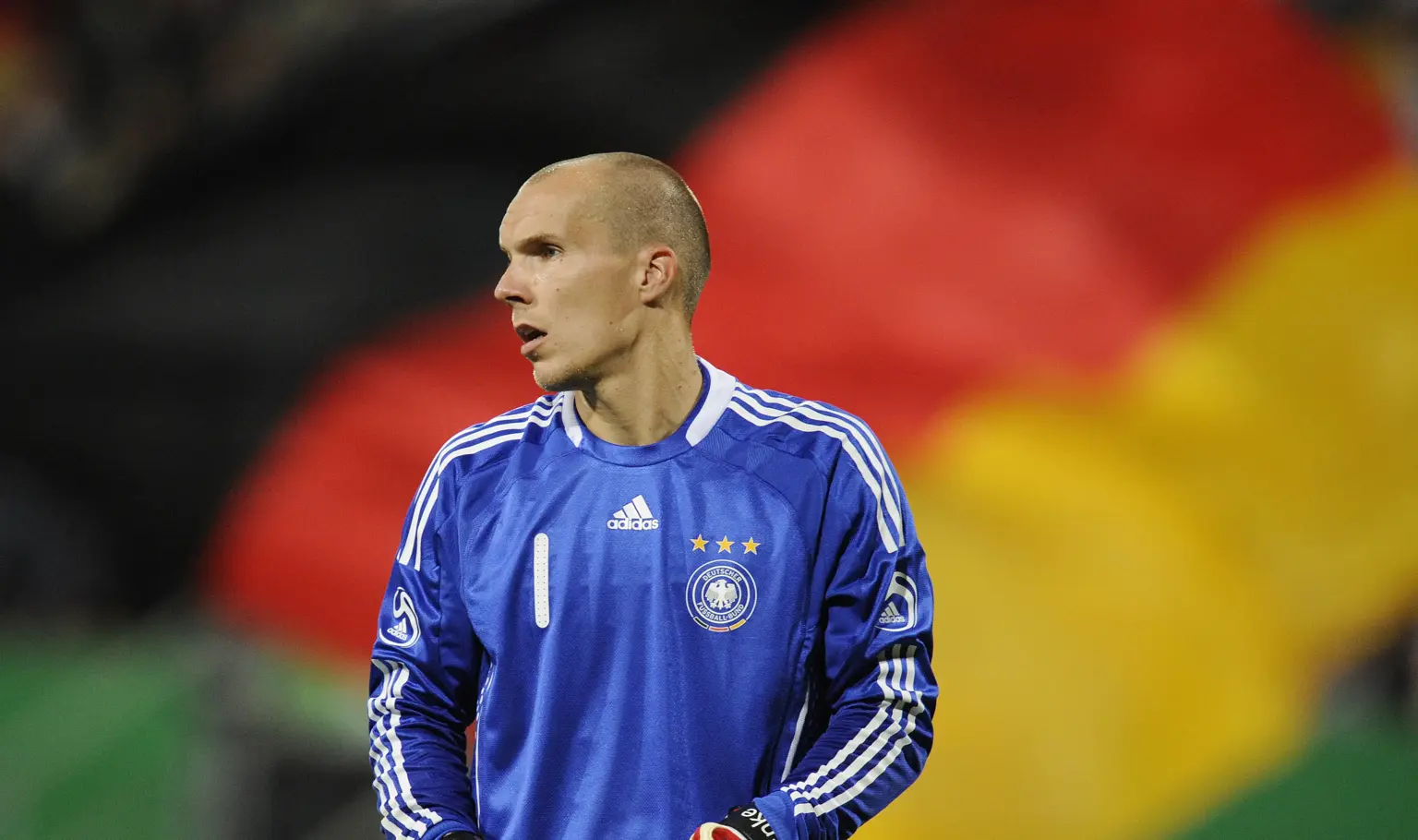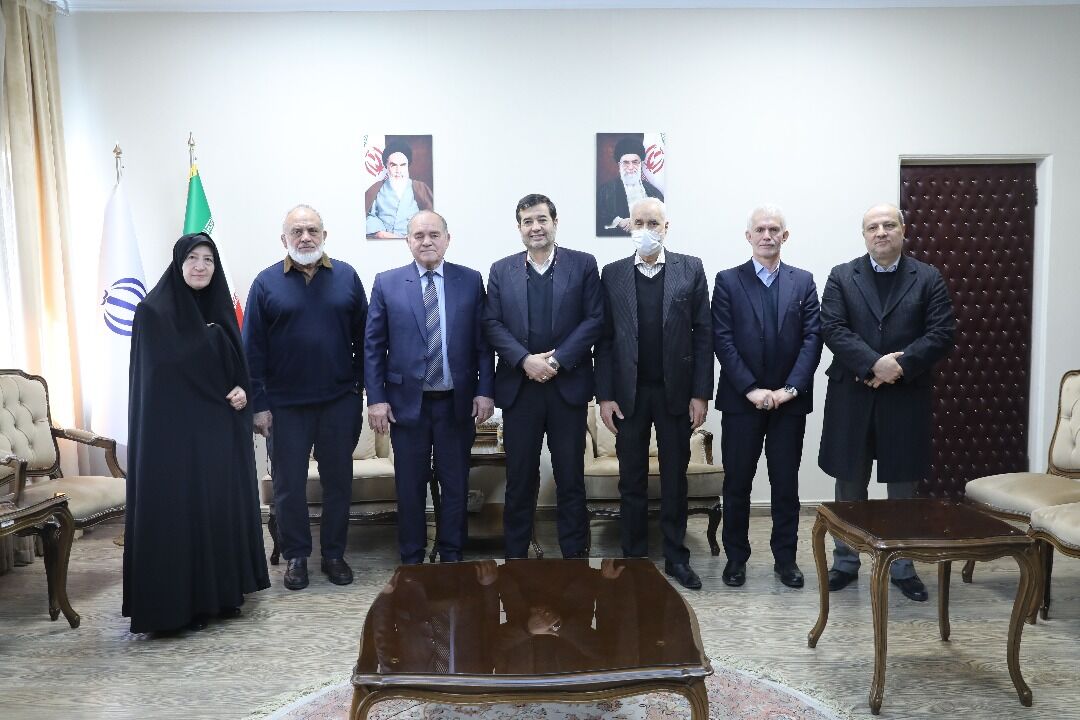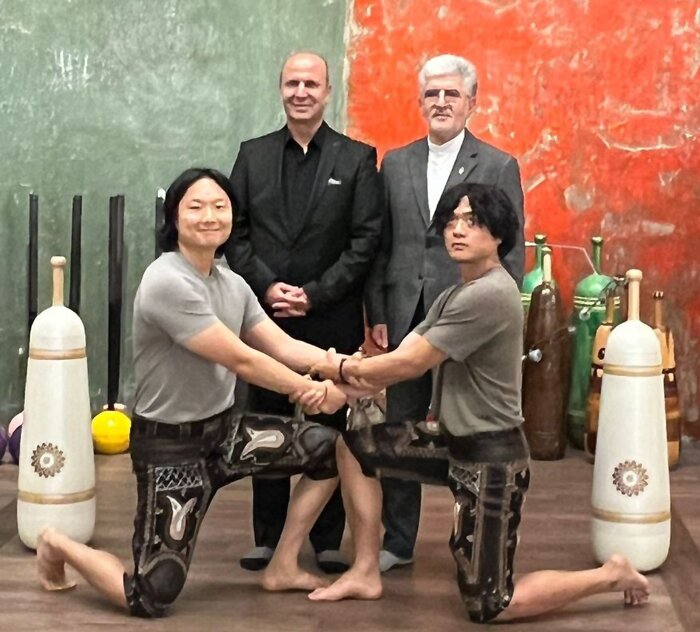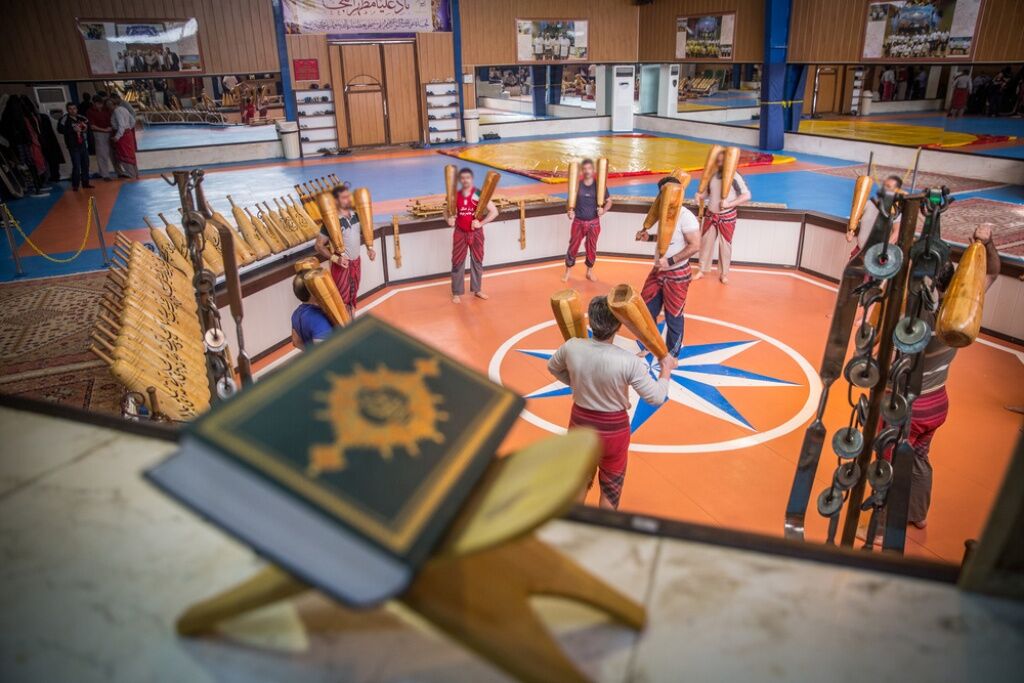On the evening of 9 November 2009, all the talk in German football circles was about Bayern Munich’s disappointing start to the season and the national team’s upcoming friendly against Chile. That was to change the very next day with some shocking news coming out of a suburb of Hanover.
National team goalkeeper Robert Enke had taken his own life, unleashing an immense wave of shock, sadness and grief. For Enke’s friends and family, his passing was an awful and unimaginable tragedy; for his club Hannover 96 – for whom he had played in a Bundesliga match just two days earlier – and the German national team, it also meant the loss of an incredibly talented goalkeeper and team-mate.
Enke’s suicide also shifted attitudes towards mental illness in sport and led to a whole new approach to dealing with depression in the sporting world. Today marks the 15th anniversary of his tragic passing.
Enke was born in Jena in East Germany on 24 August 1977. He was born into a family that loved sport, and by the age of eight he was playing in the youth teams of 1980/81 UEFA Cup Winners’ Cup runners-up FC Carl Zeiss Jena, the biggest club in the region.
Enke’s coaches quickly spotted his extraordinary reflexes in goal. Ten years later, at the age of 18, he took his first steps in professional football, making his debut for Jena against one of his future clubs, Hannover. By that point, the shot-stopper was already a seasoned youth international, having graced every German youth national team from U-15 level upwards.
At the end of the 1995-96 season, Enke moved to top-flight side Borussia Monchengladbach but initially saw his path to the first team blocked. It was only in his third campaign with the Foals that Enke broke through to become the number one, and his performances were one of the few bright spots in a season that saw the club drop into the second division.
Enke’s form had not gone unnoticed, however, and in 1999 he secured a move to Portuguese giants Benfica, turning down offers from several other top European sides in the process. It was a switch that made sense for Enke, not only financially but also on a personal level, as Benfica were coached by a fellow German, Jupp Heynckes, who quickly named Enke captain.
Enke would go on to enjoy the happiest period of his career in Lisbon. “He was always focused on the most important things,” Heynckes would later say in response to how he had perceived Enke. “He was open and polite, and he always had a beaming smile on his face. He was a wonderful person and he was very much loved at Benfica.”
But Enke was also fiercely ambitious, and in 2002, at the age of 24, he made a big move to Barcelona in the belief that he had finally found a club where he would be able to enjoy success over a sustained period. Coach Louis van Gaal had other ideas, however, and Enke found himself in an understudy role behind Victor Valdes.
In one of Enke’s few appearances, Barcelona slipped to a 3-2 defeat at the hands of third-division outfit Novelda CF in the 2002-03 Copa del Rey – a body blow to his hopes of ousting Valdes. In the summer of 2003, Enke moved on loan to Fenerbahce, but his spell in Turkiye was also a brief one, as he quickly asked to be released from his contract.
After another short loan spell with CD Tenerife, he moved back to Germany and signed for Hannover, bringing with him his nine dogs, two horses and of course his wife, Teresa, by now pregnant.
The Enke family soon received devastating news, however, as their unborn child Lara was diagnosed with a serious heart condition. Enke had only been at Hannover for a month when Lara was born in 2004. Lara was initially treated in a specialist clinic in the city, but tragically passed away at the age of two after suffering complications following an operation.
Enke had by now established himself as one of Hannover’s key players, and his form also earned him a call-up to the Germany squad. Coach Jurgen Klinsmann had an embarrassment of riches when it came to goalkeepers, however, and he ultimately plumped for Timo Hildebrand as his third-choice goalkeeper, behind Jens Lehmann and Oliver Kahn, for the 2006 FIFA World Cup™ in Germany. Enke may not have been named in the Germany squad, but his fellow Bundesliga stars voted him goalkeeper of the year, an award he would also later win in 2009.
He eventually made his international debut under Joachim Low in 2007, and his performances, built around his incredible reflexes, went a long way to ensuring that Hannover re-established themselves in the top flight of German football.
He was named in Low’s squad for UEFA EURO 2008, and after Kahn and Lehmann both retired, Enke was regarded by many as the man most likely to be between the sticks for Germany at the 2010 FIFA World Cup™ in South Africa. The Enke family also adopted daughter Leila in May 2009, and all seemed to be well in Robert’s world.
But then tragedy struck. Enke had been battling depression ever since moving abroad earlier in his career, and in November 2009 came the fateful day that would leave German football stunned and battling with emotions that ranged from disbelief to helplessness. His funeral was one of the biggest in German football history, with 40,000 people paying their last respects to one of the Bundesliga’s most beloved sons at Hannover’s stadium, and millions more watching on TV.
In a blog for the Robert Enke Foundation, Per Mertesacker, a former team-mate at Hannover, wrote about his friend “Robbi”, a man known for his impeccable character and helpfulness.
“Right from the start, he made me, the new kid on the block, feel welcome,” wrote Mertesacker. “He encouraged me to follow my own path, reminding me how good I was, something that an insecure 19-year-old perhaps does not always see. He left me in no doubt that he was happy that I was in his defence. I don’t think you could wish for a better experience at work, no matter what job you do: he placed his trust in me.”
Enke also left his mark on other players who would go on to lift the World Cup in 2014. His international career was over far too quickly, and he only won eight caps for Germany, but there was still enough time for him to encourage many young players and help them overcome their nerves.
One of those youngsters was Manuel Neuer, who had been with Enke on a German Football Association course in 2007 and a Germany tour of Asia in 2009. It was on that tour that Neuer made his international debut, and in June 2010, just seven months after the loss of Enke, Neuer stepped out onto the biggest international stage of all: the FIFA World Cup™.
Heynckes would later say: “Whenever I see Manuel, I also see Robert”. That comparison with Neuer, whom many consider to be the best Germany goalkeeper of all time, speaks volumes for the esteem in which Enke was held.
Enke’s tragic suicide, as painful as it was and always will be, also meant that the world of professional sport had to find a new way to approach mental illness.
“People now know that it is an illness, not a weakness,” said Teresa. “Robert did not kill himself. The illness killed him. The media now treat it as something normal if someone says they are suffering.”
Through the Robert Enke Foundation, Teresa continues to run campaigns to tackle the taboos and stigmas surrounding mental illness. “It’s important that you ask for help. Most people who suffer from the illness can recover and live a happy and healthy life.”
- نویسنده : محمد مهدی اسماعیلی رها































Thursday, 29 January , 2026